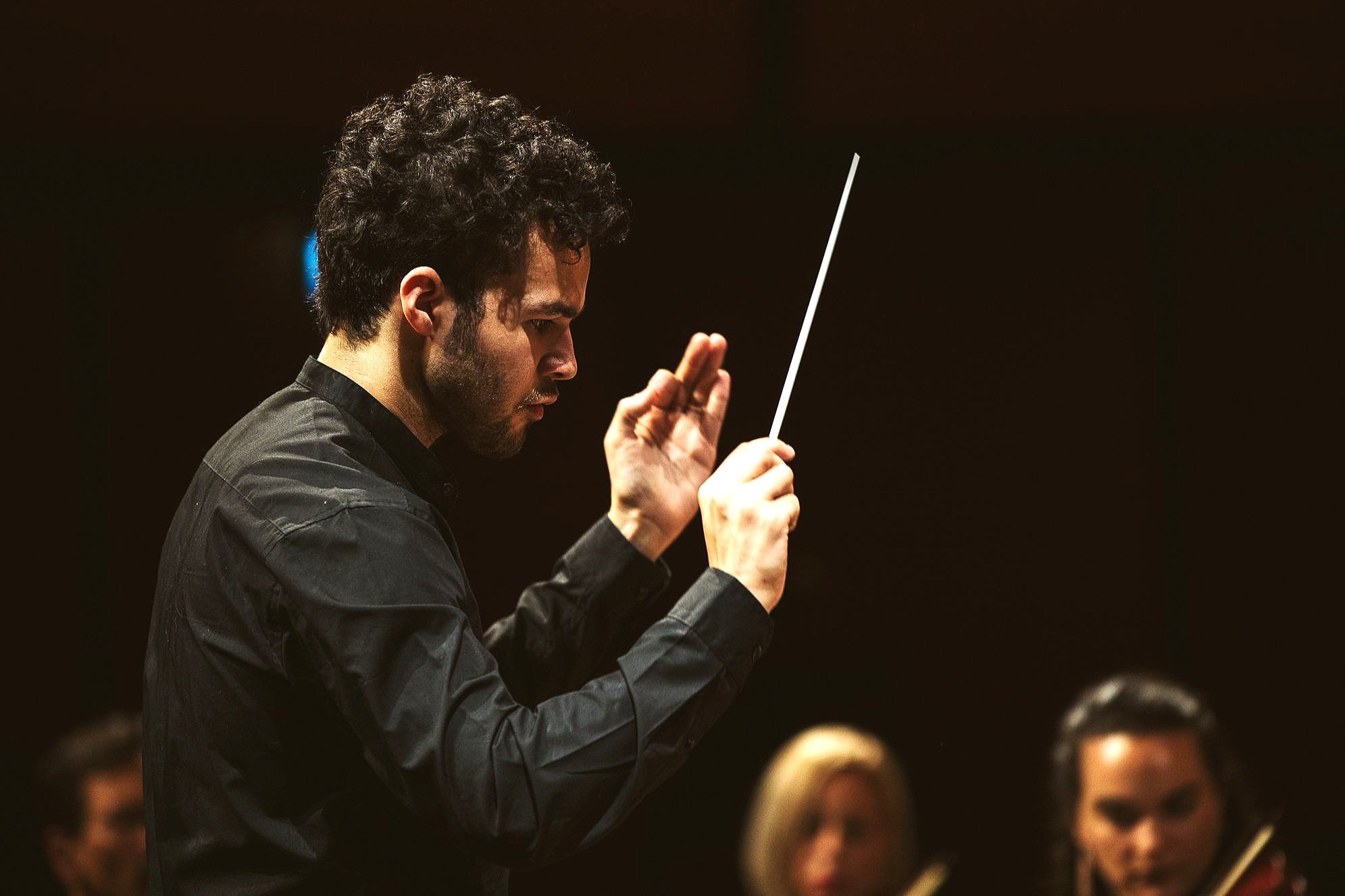A colourful selection of memories from our youth orchestra’s summer extravaganza, courtesy of photographer Will Pace.
1. Trumpeter, Tashan, welcomes audience members to National Orchestra for All’s end-of-season concert.
2. National Orchestra for All (NOFA): the UK’s only fully-inclusive, non-auditioned youth orchestra.
3. Setting up our instruments at iconic Nottingham venue, the Albert Hall Conference Centre.
4. Orchestras for All’s Artistic Director, Emma Oliver-Trend, prepares to lead the way.
5. Emma was joined by special guest and internationally-recognised conductor, José Salazar.
6. Brass at the ready…
7. Our marvellous woodwind section!
8. NOFA collaborated with writer Ben Macpherson to produce spoken word for the event. (Pictured: Kali)
9. Sharing powerful messages through music, humour and rhyme. (Pictured: Vanessa)
10. Our young people blew everyone away with their inspiring words. (Pictured: Alasdair)
11. NOFA keyboardist, Troy, truly makes an impact.
12. Inclusivity means welcoming all kinds of instruments – even melodicas! (Pictured: Kali, Matt, Jesse)
13. Breaking down barriers: guitarist, Kit, rocks out to Britten.
14. The bassooner the better… (Pictured right: Isabelle)
15. Say hello to the strings!
16. Orchestral tutor, Andres, creates a powerful sound with keen percussionist, Abz.
17. We’ll never tire of hearing the cello.
18. Fluttering flautists…
19. Thomas (pictured left) flew all the way from Northern Ireland to perform at the event!
20. The cheerful colours of our ensemble’s t-shirts were chosen by our young people.
21. We’ll always make time for sweet violin solos.
22. Our wellbeing tutors always know how to light up the room.
23. Being part of this wonderful community makes us smile! (Pictured: Tom)
24. Musical highlight: an energetic rendition of Mahala Rai Banda’s Balkan folk tune, ‘Spoitoresa’.
25. Trumpeter, Cameron, making memories with his pals in the brass.
26. Standing tall at the Albert Hall. (Pictured: Tashan and Ricardo)
27. National Orchestra for All alumni, Elen and Declan, were buzzing after the show!
28. Wellbeing tutor, George, was on hand to congratulate our inspiring young performers.
29. NOFA trombonist, Haseeb, bids farewell to his orchestra friends after an epic summer of music-making.
30. “Hip, hip, hooray!” – NOFA cellist, Michael, celebrates the end of a fantastic concert with our audience.
Thank you to all who attended ‘The Way We See It’ – our young musicians had a blast and it wouldn’t have been the same without you!
On behalf of everyone at Orchestras for All, we would like to thank each of our loyal funders – Arts Council England, Association of British Orchestras – Sirens Fund, Finzi Trust, Foyle Foundation, Headley Trust, Promenaders’, Musical Charities, The Radcliffe Trust, Michael Tippett Musical Foundation, Samuel Gardner Memorial Trust, Sarum Hall School Parents' Association, University of Warwick and Youth Music – as well as our individual donors, advocates, photographer Will Pace, Broaden Films, orchestral and wellbeing tutors and team of volunteers for making NOFA’s summer residential and live concert possible.
Missed out? Don’t fret – an exclusive recording of NOFA’s summer concert is coming soon, so watch this space…
To fund a life-changing programme like National Orchestra for All, please donate today >







































































